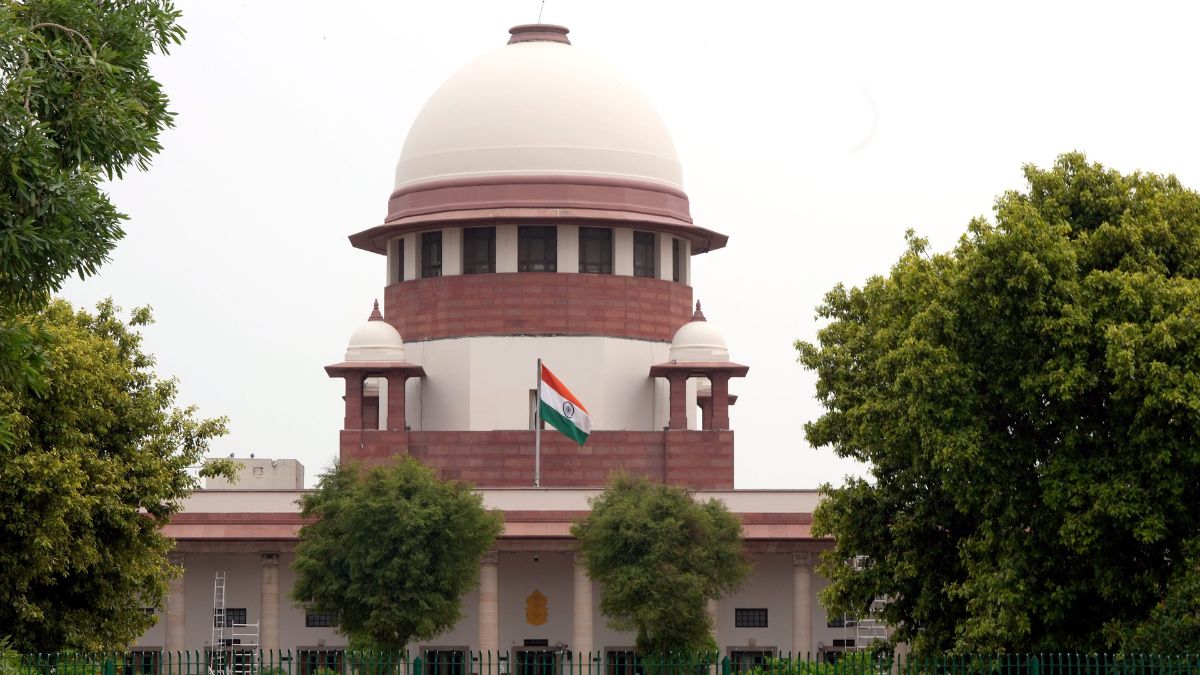The Supreme Court is all set to resume hearing the petitions alleging paper leak, malpractices and other irregularities in conduct of National Eligibility Cum Entrance Test (Undergraduate) today.
Last week, the top court deferred hearing of petitions after the CJI DY Chandrachud led bench noted that some of the parties haven't received the affidavits filed by the Centre and National Testing Agency (NTA) and that they need to apply their minds to the responses before arguments.
The NEET matters are listed as items 5-9 in the cause list published on the Supreme Court website. The bench will assemble at 10:30 am and the matter is likely to be take in the first half of the court session.
The Centre filed an affidavit denying the alleged mass malpractices in the conduct of NEET-UG 2024 exam.
The Centre has submitted in the top court that the data analytics done by the Indian Institute of Technology Madras (IIT-M) showed that mark distribution followed a bell-shaped curve which did not indicate any abnormalities.
The NTA has also filed an affidavit in the top court stating that the video showing a photo of the NEET-UG exam paper leaked on Telegram on May 4 was fake and timestamp was manipulated to create a false impression of an early paper leak.
Last week, the top court said that the Centre cannot deny that paper leak was there but the re-test will only be ordered in case the untainted students could not be segregated from tainted ones.
The top court had asked the National Testing Agency (NTA) and Centre to explain to the court if the tainted candidates can be separated from the untainted ones. The court further asked Centre to tell what actions have been taken to ensure that students who benefitted from paper leak do not enter the system.
The apex court said that it will have to be scrutinised whether: (1) Alleged breach has taken place at systemic level; (2) Whether the breach has affected integrity of the entire exam process; (3) Whether it's possible to segregate beneficiaries of fraud from untainted students.
In a situation where breach affects the entirety of the process and it's not possible to segregate beneficiaries from others, it may be necessary to order re-examination, the Supreme Court had said.


